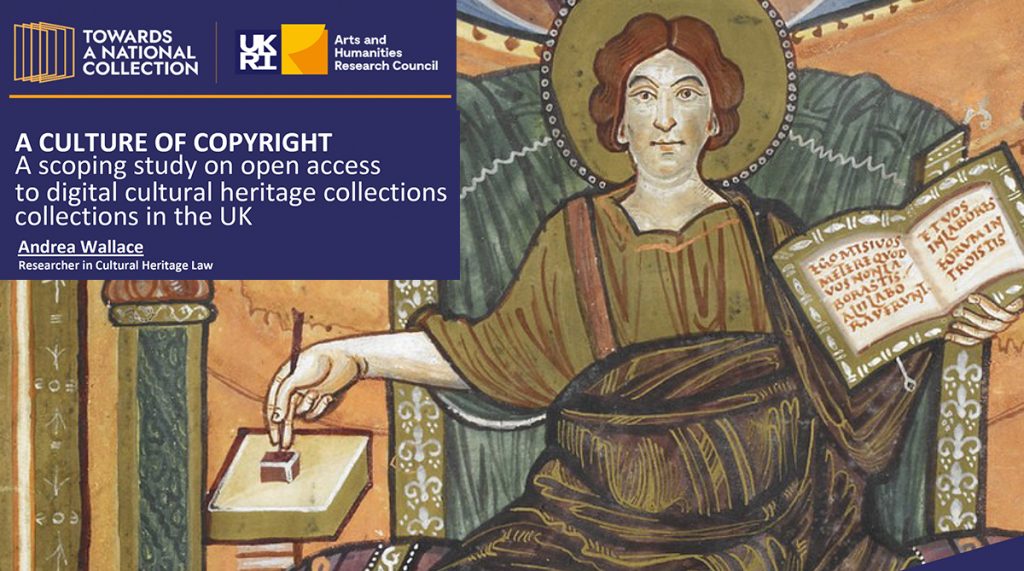There are too few nonprofit organizations like CC fighting for the commons – support our vital leadership with an end of year contribution. Donate today!
Blueprint on Open Access to UK’s Digital Cultural Heritage Collections Welcomed
Open Culture
A new blueprint on open access to digital cultural heritage collections in the United Kingdom (UK) has been hailed as a significant opportunity to prevent historical works from being “locked down” behind copyright walls.
Recommendations in the report, “A Culture of Copyright, A scoping study on open access to digital cultural heritage collections in the UK” was commissioned by the Towards a National Collection programme (TaNC) and should soon be adopted by the UK’s galleries, libraries, archives and museums (the GLAM sector).
The study concludes there is no consensus in the sector on what open access means, or should mean, and policies across the country vary widely.
The UK’s institutions hold an immense amount of cultural heritage in trust for the public and in stewarding these collections, GLAMs can make use of new technologies and CC licenses and tools to open access to collections online to enable wider public participation. But several institutions still engage in the mistaken practice of claiming copyright over faithful digital reproductions of works.
While the situation is legally clear in the United States and settled at the EU level, where no new rights can arise in reproductions of works of visual art that are in the public domain, it has not been resolved in the UK.
The new report recommends that no new rights should be able to arise in non-original reproduction media generated around public domain works in the UK.
Posted 18 March 2022Brigitte Vézina, director of policy for open culture and GLAM with Creative Commons, said:
“GLAMs’ open sharing of public domain heritage content can unlock limitless creativity. When public domain works are widely shared by GLAMs, anyone can reuse them and build upon them to create something new and unexpected. Open access to cultural heritage holds the promise of many benefits for GLAMs themselves, including increased global visibility, new and greater audiences, and enhanced relevance in today’s digital society. This report shows that we must prevent historical works from being locked down and seize the opportunity to deliver open access so that we can advance universal access to and sharing of knowledge and culture, thus fostering creativity, innovation, and collaboration for a brighter future.”